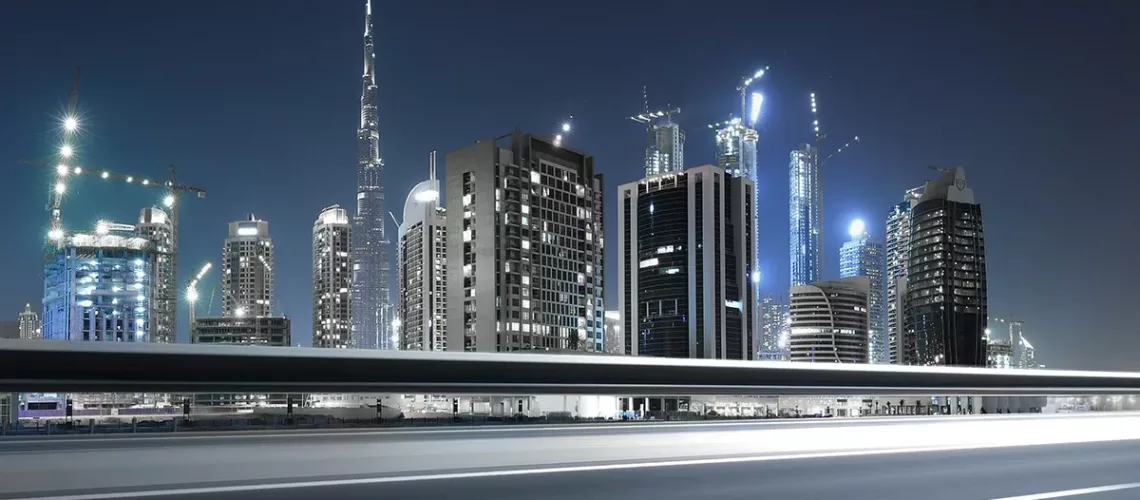The UAE is set to experience a long-term influx of ultra-high-net-worth individuals (UHNWIs) as its status as a hub in the Middle East strengthens. This is happening alongside a global surge in millionaire migration, with the UAE seeing a significant increase in wealthy residents. Experts suggest this trend will continue, reshaping the region’s wealth management landscape and spurring major infrastructure investments.
Tariq Nakhooda, Country Head of UAE at IQ-EQ, an investor services group, notes that the significant influx of UHNWIs into the UAE demonstrates a strong commitment to making the country their permanent base. The global millionaire migration is expected to reach 128,000 this year, up from 57,000 a decade ago, with the UAE already hosting 116,500 millionaires, 308 centi-millionaires, and 20 billionaires.
Nakhooda highlights a shift in how UHNWIs perceive the UAE. Previously, they primarily invested in real estate for vacation homes, but now they are establishing a more permanent presence in the country, increasing their local investments and building relationships with financial stakeholders. This shift is supported by ongoing legislative enhancements that provide high-net-worth families with confidence in the UAE’s regulatory and legal stability.
The UAE is preparing for a 30% rise in UHNWIs by 2028, with significant investments in luxury real estate, hotels, and transportation. Dubai’s real estate market is booming, with over 26,000 new homes expected in 2023 and another 32,000 planned for 2025. The city has seen record-breaking real estate transactions and is expected to continue growing, driven by the influx of wealthy residents.
Regulatory changes and tax benefits are also attracting UHNWIs. The Dubai International Financial Centre (DIFC) has introduced new regulations to accommodate family offices, allowing them to operate without registering with the Dubai Financial Services Authority (DFSA). The UAE’s lack of personal income tax, capital gains tax, and inheritance tax makes it an appealing destination for wealth preservation.
The growth in the UHNWI population is driving an increase in family office assets under management, with Middle Eastern family offices projected to manage over $500 billion by 2025. These family offices are diversifying their investments, showing interest in commercial real estate, private equity, venture capital, and hedge funds.
The influx of wealth is also creating opportunities and challenges in talent acquisition and retention. The UAE is focusing on attracting global talent and developing local expertise, supported by initiatives like the Golden and Green Visas.
Geopolitical tensions elsewhere are contributing to the UAE’s attractiveness as a stable and strategic location for UHNWIs. The country is becoming a key destination for those seeking to relocate from regions like Russia and China, further solidifying its status as a global wealth hub. Dubai, for instance, now has around 72,500 resident millionaires, a 78% increase over the past decade.
While the outlook is positive, Nakhooda warns that potential challenges, such as regional conflicts or global oil price fluctuations, could impact the UAE’s appeal to UHNWIs.




